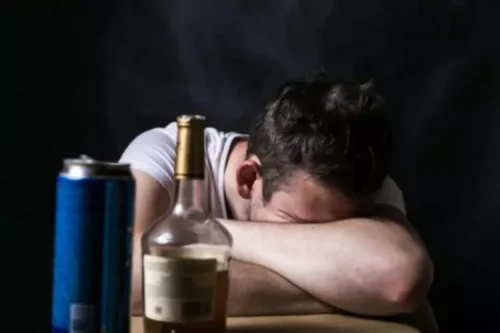02 Sep Different Stages of Alcohol Intoxication

Avoiding the drunk and danger stages is ideal because, by that point, we may not realize how our actions can lead to serious consequences. Paying attention to this rule is important not only for the safety of ourselves and others, but because the legal consequences of drinking and driving are serious. In fact, research shows that about two-thirds of alcohol-related deaths are from chronic health issues. People who spend a lot of energy controlling their impulses drink in order to let themselves go.
The Physiological Effects of Alcohol

We all know that the brain is the main source of the body’s functions. Imagine putting your brain in a jar filled with alcohol and shaking it up— it’s not a pretty picture. Yet that’s what slowly happens, to a certain extent, when you drink and don’t stop drinking alcohol. Alcohol seeps into the brain, affecting the different parts of your body’s motherboard as you drink more and more. In this article, learn about how it feels to be drunk according to blood alcohol content (BAC) level.
Scan the QR code to get started!
You are unable to control your movements and emotions and may feel confused or find it difficult to stand. The body is unable to feel pain, placing you at an increased drug addiction treatment risk for life-threatening injury. Plus, we’re always introducing new features to optimize your in-app experience.
Death (BAC: 0.45% and above)
- If you see someone displaying these symptoms, it’s a good bet they’ve had too much to drink.
- Despite how many people drink, very few know the specifics of what happens to the brain while drunk.
- The study also suggested that heart rate increases as you drink more alcohol, and these increases can raise your risk of arrhythmia, an irregular heartbeat.
- It acts as a depressant, slowing down the central nervous system.
- However, as blood alcohol concentration (BAC) increases, cognitive impairments become more pronounced.
- When combined with counseling, this approach is proven highly effective.
You might recognize some of these “types of drunks” in yourself or your friends or family. At Ria, we offer weekly meetings with certified counselors to help members stay on track and build skills for long-term change. Ria Health offers several FDA-approved medications for alcohol use disorder.
The brain’s neurotransmitters are altered, leading to changes in mood, perception, and behavior. Alcohol is a depressant, which means it slows down brain function. This can result in feelings of relaxation and euphoria but can also impair motor skills and cognitive functions. So, the more you drink over a shorter period of time, the more alcohol hangs around in your bloodstream. The result is a higher blood alcohol content (BAC) and a higher risk of alcohol poisoning.
When you drink a lot, your body and brain functions slow down considerably. Limiting how much alcohol you drink at one time is the most effective way to minimize the possibility of a hangover. It’s a good idea to have someone on hand to let you know if you’re perhaps consuming too much. Dizziness is a common symptom of the dehydration that comes with a hangover. When you’re dehydrated, your blood pressure drops, which limits blood flow to your brain and causes dizziness. If you smoked weed before you drank, it becomes harder for your body to know when to stop drinking, which increases your chances of alcohol poisoning.

Here are some of the different ways alcohol may affect your personality, and when you should worry about your relationship with alcohol. In addition to the obvious signs of drunkenness, like slurred speech and staggering, there are a few other telltale symptoms that can indicate someone is intoxicated. For example, drinkers often have bloodshot eyes and dilated pupils. They may also have trouble focusing their vision and have a hard time following a conversation.

The Body on Booze
Be sure to check out the video below by AsapScience to learn what happens when you get drunk and high at the same time. From the second you take a sip, alcohol starts working its way through your body, affecting everything from your mood to your muscles. No matter your size, your liver will only digest one standard drink per hour. Because alcohol reduces our inhibitions, it makes us more likely to act impulsively.

Mood changes
Initially, it may enhance feelings of relaxation and sociability. However, as blood alcohol concentration (BAC) increases, cognitive impairments become more pronounced. Initially, many individuals report experiencing euphoria and relaxation. This is due to alcohol’s effect on neurotransmitters in the brain, which can lead to what does getting drunk feel like lowered inhibitions and increased sociability.




Sorry, the comment form is closed at this time.